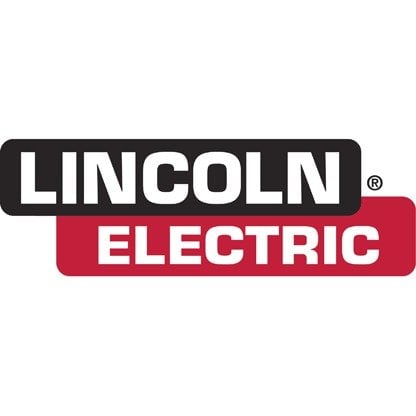Lincoln Electric Holdings (LECO) is a market leading manufacturer and supplier of welding equipment and systems. It’s one of the many high-quality cyclical businesses on my possible buy list. Although Lincoln’s valuation is too rich for me currently (2.3x EV/sales with cyclical EBIT margins of 5% to 15%), I’m very interested in owning its stock after the current market and economic cycle ends. While Lincoln’s business is performing well, I prefer buying cyclicals during recessions, not extended economic expansions.
Q1 hedge fund letters, conference, scoops etc
Despite not owning LECO’s stock, I continue to monitor their business closely. Historically, I’ve found Lincoln’s conference calls to be very informative – effectively communicating industry and economic trends. Q1’s call was no different.
In my opinion, Lincoln’s Q1 2018 conference call provided valuable insight as it relates to the cost and pricing challenges many companies are currently facing. While there has been a lag (inflation is often a process, not an event), I’m noticing more businesses, such as LECO, are responding to higher costs by raising prices.
Below are some of the call’s highlights related to inflation [my emphasis].
Organic sales increased 9.4% from 5.2% volume growth and 4.2% higher price.
Our performance reflected solid progress in mitigating sharp increases in raw material cost to operational initiatives and pricing actions. We are confident that our global pricing actions and productivity initiatives will allow us to offset inflationary pressures. While there is lag to achieve the full benefit of our initiatives, we are confident that we have the right strategy.
We will continue to aggressively manage the business against inflationary headwinds.
Excluding the acquisition and special items, SG&A increased 11.5% to $133.4 million. The increase was primarily due to unfavorable foreign currency translation effects, higher incentive compensation costs and salary and wage costs.
And I think that the challenge is that the inflationary pressures we’re seeing are really global. So we’ve got a price increases going in across the portfolio, and there’s no question that pieces of that are probably impacted by some pull forward. But we’ve been in an inflationary environment for these products for a considerable period of time.
We’re putting more increases into the market into the second quarter, but I would also say that the expectation of those normalized incrementals will come when the inflationary environment starts to stabilize.
So I would say the bulk of the price increases did stick the effectivity across our global businesses were very high. If you look at our pricing in the welding business during the course of the first quarter, the Americas was up 4.6%; International is up 5.4%.
But I think we’re going to continue to see these into very near future at least these mid-single digit types of pricing activities in the welding space.
Well, again I would point out that it is a global challenge associated with inflation. When you see the pricing actions that we took to the international business, I think that there was an enormous amount of price there, as well as our Americas business.
Q: …the biggest concern I hear from investors is around price cost…can you just remind us why you’re confident in the ability of LECO…to recover whatever inflation is out there?
A: Having seen our business perform and cycles over a very long period of time, understanding the strength of our brand and the ability to seek recovery of increases and input costs historically has been a good result for the company. So I’m confident because of that history. I see it playing out again. We’re in a very rapidly increasing inflationary environment.
While I don’t have a PhD in economics, I’m fairly certain “a very rapidly increasing inflationary environment” and a 1.50%-1.75% fed funds rate rarely, if ever, have been seen together.
Despite the sharp rise in short-term rates over the past year, the fed funds rate continues to appear extraordinary low to me. Although I’m only halfway through earnings season, it’s becoming increasingly clear that corporate costs and pricing continue to trend higher. In fact, inflation is quickly becoming one of the most popular topics discussed on Q1 2018 conference calls.
Corporate cost pressures have been growing since 2017. It’s been no secret. Companies such as LECO have been openly discussing these trends. The big mystery, for me anyway, is when will rising corporate costs spill over into the government wage and inflation data? In effect, while many businesses are experiencing inflation, investors and policy makers dependent on government data have yet to be officially notified.
With labor availability becoming an increasing issue for many businesses, each job report feels like a potential “inflation recognition” land mine. The markets received a mini-scare after January’s report. Will this week’s job report confirm the bottom-up economic data and government data are converging? I don’t know, but I believe the company-specific evidence as it relates to wages and inflation continues to build.
As an absolute return investor, I’m thankfully not required to remain invested and can watch and wait from a safe distance. At this time, I have no interest in owning long-term bonds or equities priced as risk-free perpetual bonds. There are many risks I’m willing to take, but at this stage of the cycle and at today’s prices, duration risk is not one of them.
Transcript source: Seeking Alpha
Article by Absolute Return Investing with Eric Cinnamond






